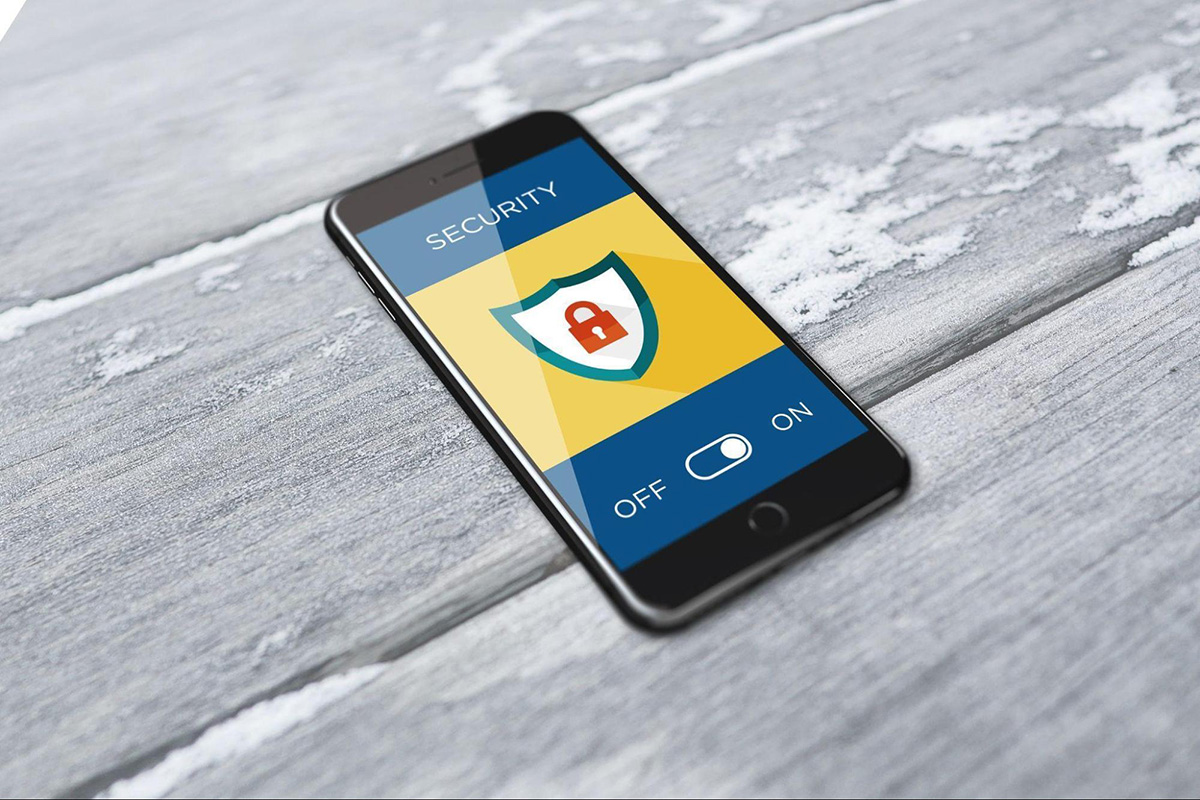The Association of Banks in Malaysia (ABM) and the Association of Islamic Banks in Malaysia (AIBIM) today have announced that banks under both organisations have begun implementing a significant security update to their respective banking applications. Mentioned in the joint statement is the integration of a new malware shielding technology to further help safeguard customers from potential threats.
It is said the tech is designed to detect high-risk malware, malicious APK files, and suspicious remote monitoring access on customers’ devices. The malware shielding can also warn or stop customers from performing banking activities on compromised devices. According to the organisations, revealed that banks which already have the malware shielding detection capability enabled on their mobile apps include Alliance Bank, AmBank, Bank Muamalat, Bank Simpanan Nasional, CIMB Bank, HSBC Bank, Maybank, MBSB Bank, OCBC Bank, Public Bank, RHB Bank, Standard Chartered, and UOB Bank.

Should a user’s device be identified as potentially compromised, malware shielding protocols may temporarily restrict the use of the bank’s mobile app. This measure helps to identify vulnerabilities that malicious actors could exploit. Combined with customers’ vigilance, the feature aims to prevent unauthorised transactions and protect customers’ funds.
The associations assured that banks remain committed to ensure a seamless integration of malware shielding capabilities on their respective mobile banking platforms. Additionally, established procedures are in place to assist those encountering the temporary restrictions, and customers are also encouraged to contact the banks’ 24/7 fraud hotline for assistance.

Whilst the implementation of malware shielding by banks helps to reinforce safeguards and increase resistance against malware scams on end-point devices, the association are advising customers to continue protecting themselves by observing good cyber hygiene rules and mobile banking habits. These include not downloading any APK file from unofficial sources; preventing third-party apps from gaining permission to monitor or control your device, applications, and gestures; and refraining from using unsecured or public Wi-Fi networks.
(Source: ABM [press release])
Follow us on Instagram, Facebook, Twitter or Telegram for more updates and breaking news.



